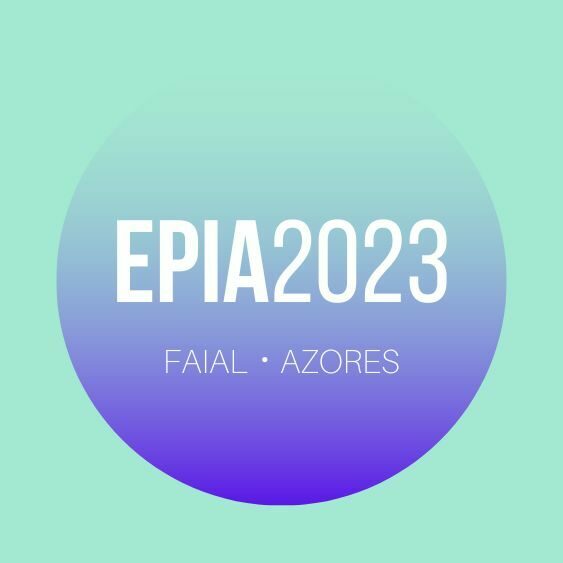Knowledge Discovery and Business Intelligence
In this age of big data, business organizations moving towards decision-making processes that are based on data-driven models. Knowledge Discovery (KD) is a branch of Artificial Intelligence (AI) that aims to extract useful knowledge from complex or large volumes of data. Business Intelligence (BI) is an umbrella term that represents computer architectures, technologies and methods to enhance managerial decision-making. Both KD and BI are faced with new challenges, such as: Digital Transformation, Internet-of-Things, Industry 4.0, Smart Cities, Increasing dynamic and unstable real-world environments, explainable AI (XAI) and better support of informed decisions. Several AI techniques can be used to address these problems, such as Machine Learning and Deep Learning, Data Mining, Data Science and Business Analytics, and Evolutionary Computation and Metaheuristics.
The aim of this workshop is to gather the latest research in KD and BI. In particular, papers that describe experience and lessons learned from KD/BI projects, presenting business or end user impacts using AI technologies, are welcome.
JOURNAL TRACK
TOPICS OF INTEREST
Knowledge Discovery (KD):
- Data Pre-Processing
- Temporal and Spatial KD
- Explainable AI (XAI), Data and Knowledge Visualization
- Machine Learning (e.g., Decision Trees, Deep Learning, Ensembles)
- Data Mining tasks: Classification, Regression, Clustering and Association Rules, Process Mining, Learning from Text and Multimedia data, Graph Mining
- Data Streams and Distributed Data Mining
Business Intelligence (BI), Business Analytics and Data Science:
- Methodologies, Architectures or Computational Tools
- Artificial Intelligence (e.g., KD, Evolutionary Computation) applied to BI: Data Warehouse, OLAP, Data Mining, Decision Support Systems, Dashboards, Business Analytics, Adaptive BI and Competitive Intelligence
Real-word Applications:
- Finance, Marketing, Banking, Medicine, Education, Industry and Services.
- Big Data, Cloud computing, Web Intelligence and Social Network mining.
ORGANIZATION COMMITTEE
- Paulo Cortez, University of Minho, Portugal
- Alfred Bifet, Télécom ParisTech / Université Paris-Saclay, France
- Luís Cavique, Universidade Aberta, Portugal
- João Gama, University of Porto / INESC TEC, Portugal
- Nuno Marques, FCT Universidade Nova de Lisboa, Portugal
- Manuel Filipe Santos, University of Minho, Portugal
Program COMMITEEE
- Carlos Ferreira, INESC TEC, Portugal
- Marcos Aurélio Domingues, State University of Maringá, Brazil
- Manuel Fernandez Delgado, University of Santiago de Compostela, Spain
- Sérgio Moro, ISCTE-IUL, Portugal
- Andre de Carvalho, University of São Paulo, Brazil
- Amilcar Oliveira, Universidade Aberta, Portugal
- Margarida Cardoso, ISCTE, Portugal
- Jose Alfredo Ferreira Costa, Federal University, UFRN, Brazil
- Murat Caner Testik, Hacettepe University, Turkey
- Rui Camacho, University of Porto, Portugal
- Pedro Castillo, University of Granada, Spain
- Ying Tan, Peking University, China
- Fátima Rodrigues, Institute of Engineering of Porto, Portugal
- Agnès Braud, University of Strasbourg, France
- Armando Mendes, University of Azores, Portugal
- Roberto Henriques, Universidade NOVA de Lisboa, Portugal
- Elaine Faria, Federal University of Uberlandia, Brazil
- Rita P. Ribeiro, University of Porto, Portugal
- Philippe Lenca, IMT Atlantique, France
- Achyut Shankar, Amity University, Noida, Uttar Pradesh, India
- Alipio M. Jorge, University of Porto, Portugal
- João Moura-Pires, Universidade NOVA de Lisboa, Portugal
- Orlando Belo, University of Minho, Portugal
- Fernando Bacao, Universidade NOVA de Lisboa, Portugal

